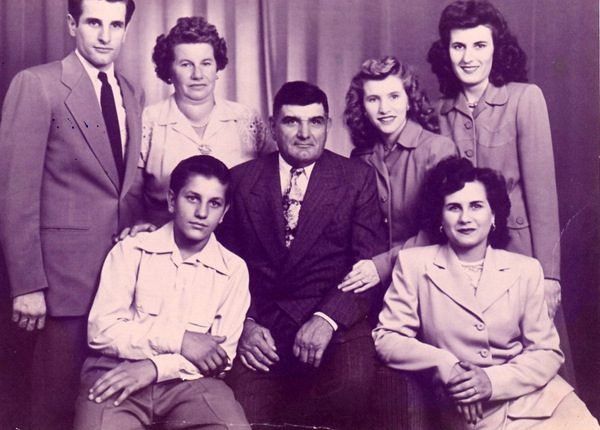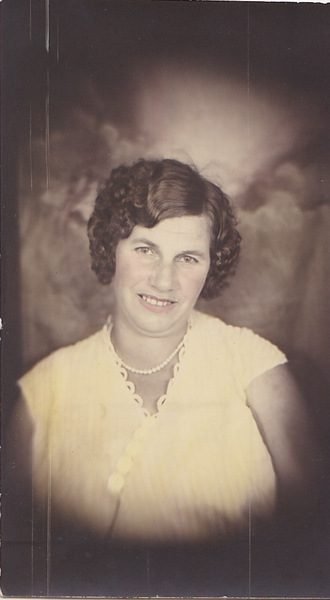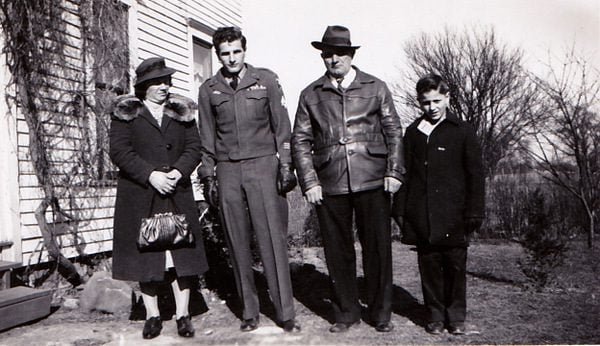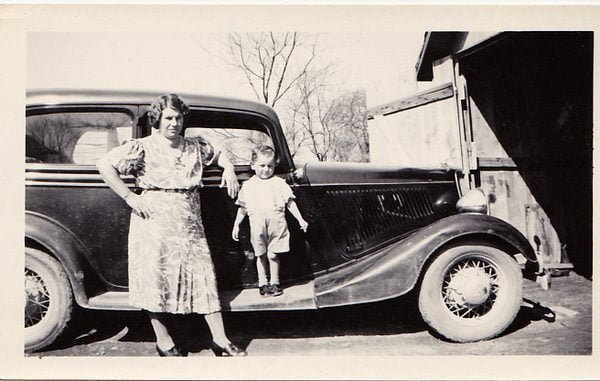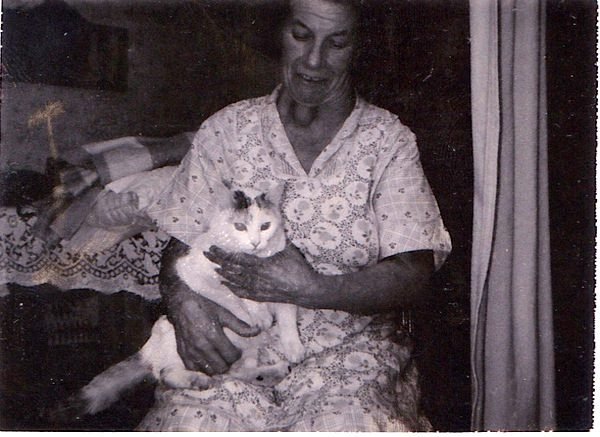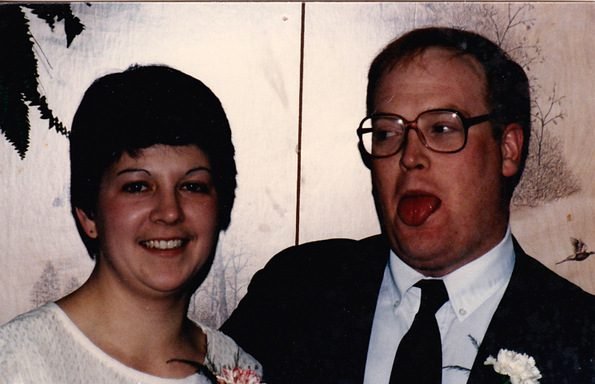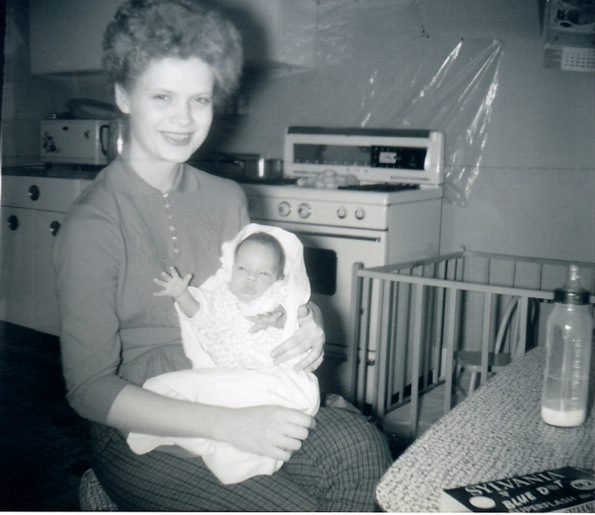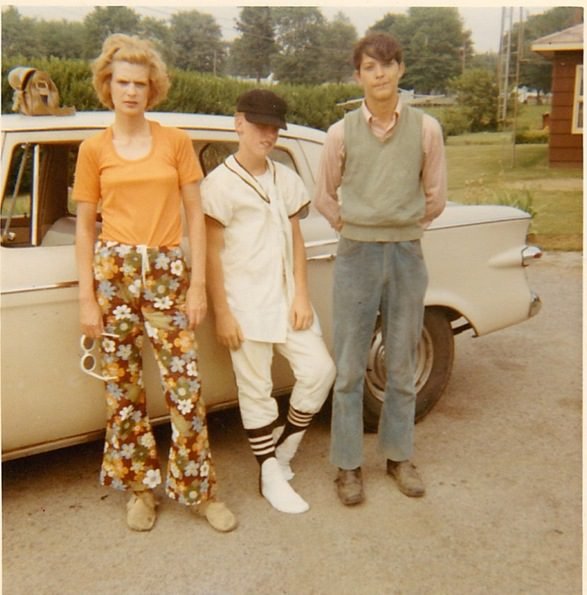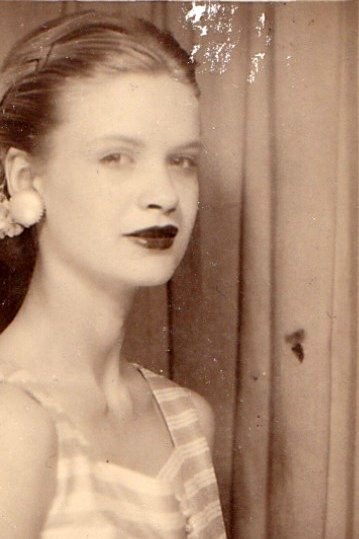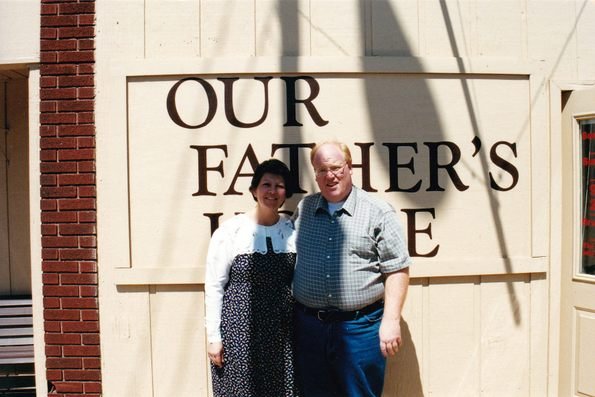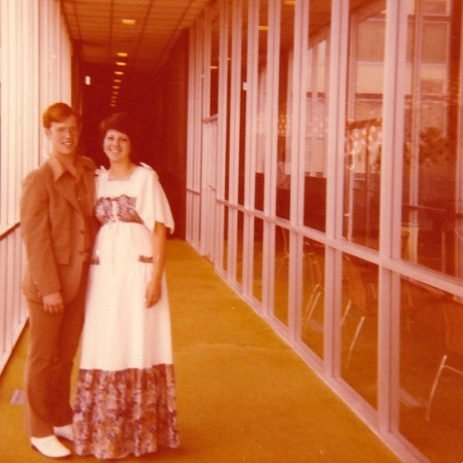
Updated, corrected, rewritten, expanded
I have battled depression most of my adult life. For many years, I denied that I was depressed, attributing my melancholy to God testing or trying me, Satan tempting me, or God punishing me for this or that sin. My religious beliefs told me that depression was a sign of a backslidden, sinful, or rebellious life. After all, the Bible says in Isaiah 26:3:
Thou wilt keep him in perfect peace, whose mind is stayed on thee [God]: because he trusteth in thee.
Psalm 43:5 states:
Why art thou cast down, O my soul? and why art thou disquieted within me? hope in God: for I shall yet praise him, who is the health of my countenance, and my God.
The Apostle Paul — a First Century Tony Robbins and Wayne Dyer — had this to say:
Rejoice in the Lord always: and again I say, Rejoice. (Philippians 4:4)
Rejoice evermore. Pray without ceasing. In every thing give thanks: for this is the will of God in Christ Jesus concerning you. (1 Thessalonians 5:16-18)
There hath no temptation taken you but such as is common to man: but God is faithful, who will not suffer you to be tempted above that ye are able; but will with the temptation also make a way to escape, that ye may be able to bear it. (1 Corinthians 10:13)
Not that I speak in respect of want: for I have learned, in whatsoever state I am, therewith to be content. (Philippians 4:11)
For God hath not given us the spirit of fear; but of power, and of love, and of a sound mind. (2 Timothy 1:7)
And if these verses weren’t enough, there was always the “look at all Jesus suffered on the cross just so you could be saved and go to Heaven someday!” Compared to what Jesus went through, my depression was nothing. (Please see I Wish Christians Would be Honest About Jesus’ Three Day Weekend.)
I had numerous colleagues in the ministry, but talking to them about my depression was not an option. Talking to them meant admitting I was weak or “sinful.” I never considered seeking out the help of a psychiatrist or a psychologist. How could I? I had preached numerous sermons on the aforementioned verses, and on my bookshelf sat books such as Psycho-Heresy: The Psychological Seduction of Christianity by Wayne and Deidre Bobgan and PsychoBabble: The Failure of Modern Psychology–and the Biblical Alternative by Richard Ganz. No, I concluded that I was the problem.
I now know that having a Type A personality and being a perfectionist and a workaholic didn’t help matters. No matter how hard I worked, I never measured up. The church growth craze of the 1970s and 1980s only exacerbated my depression. The ministry was reduced to a set of numbers: attendance, souls saved, and offerings. Push, push, push. Go, go, go. Do, do, do. Much like a crack addict seeking his latest fix, I focused on attendance increases and souls brought to Jesus to push my depression into the background. And as sure as the sun comes up in the morning, declining attendance and a lack of “God working in our midst” forced my depression to the forefront. I spent countless nights alone in the darkness of the church building praying to God, pleading that he would fill me with the Holy Spirit and use me to bring in a large harvest of souls. In the end, no matter how hard I worked or how much I sacrificed— money, family, and health — it was never enough. Success was a temporary elixir that soothed my depression, but its effect soon wore off and I retreated for the thousandth time into the deep, dark recesses of my mind.

In 2005, two years after I left the ministry, I told Polly I needed professional psychological help. It took me another three years before I was willing to pick up the phone and make an appointment. At first, finding a “Christian” counselor was important to me. Once I found one, I then had second thoughts about people seeing me entering his office or noticing my car in the parking lot. I live in an area where almost everyone knows me — both as a pastor and now as an atheist. It wasn’t until I deconverted that I began calling counselors, hoping to find a non-religious, secular counselor. Fortunately, I found just the right person to help peel away the layers of my life, allowing me to finally embrace my depression and find ways of handling what Dexter the serial killer called his “dark passenger.” Late last year, I started seeing a new counselor, a woman. My first counselor and I had become friends (a common problem in long-term counseling relationships), so I knew it was time for me to see someone new.
Readers who have been with me since the days of blogs named Bruce Droppings, NW Ohio Skeptic, The Way Forward, and Fallen From Grace have helplessly watched me repeatedly psychologically crash and burn, only to rise again out of the ashes like a phoenix. Surprisingly, the current iteration of my blog has been active for seven years. I attribute the length of my success to the help I’ve received from my counselors. That said, I can’t guarantee that I might not, in the future, crash. I’ve told myself that if that happens again, I’m done blogging.
Some days, I feel like I have tied a knot on the rope of my life and I am desperately trying to hold on. There are days when I feel my grip slipping, leaving me to wonder if I can make it through another day. I do what I can. Whether that will be enough remains to be seen. Health problems, especially chronic pain and bowel problems, continue to drive my depression and virtually every other aspect of my life. I can’t escape these things. All I know to do is endure.
As depressives will tell you, small problems often pile up for them and turn into full-blown depressive episodes. I mean, suicide level, I can’t deal with this any longer episodes. My counselor is keenly aware of how quickly things can pile up for me. Starting with chronic illnesses, unrelenting pain, loss of mobility, and decreased cognitive function, my plate is quite full before I even get out of bed — that is, if I can get out of bed.
Recent events have filled my plate as I would on Thanksgiving Day. What’s one more helping of ham, turkey, and candied sweet potatoes, right? While I find it too painful to write about many of the things that have been added to my plate, I have talked to my counselor about how overwhelmed I am with life. She encourages me to focus on what is best for me, and not “fixing” the problems of others. I am not sure how well I can heed his advice, but I am trying.
I have written all this to say that I must continue to find ways to “lighten my load.” My health will never be as good as it is today, and someday I will likely be unable to leave my home. In the interest of improving the quality of what life I have left, I must identify the unnecessary things that are weighing me down and cast them aside. This is not easy for me to do. Giving in has never been my strong suit. I hate to let go of things (and people) who have been very much a part of my life for as long as I can remember. Over the past few months, I have made a concerted to downsize and simplify my life. I sold all my photography equipment. Boy, was this hard. Even worse, I am turning my office into a pantry and a storage room. Gone will be the metal desk I’ve owned for almost forty years — a M.A.S.H. era desk. Most of my 4,000+ plus sermons were crafted on my desk. Countless couples and church members sat across from me, telling me their woes. I used this desk every day for most of my adult life — until I couldn’t. Thanks to herniated discs in my back and neck, I can no longer use the desk. Saying goodbye to my dear friend brought tears, but I knew it was the right thing to do. My oldest son will soon move my desk to his home. I wonder if I should tell him what Mom and Dad did on that desk? 🙂
It goes without saying, that above everything I could ever do or own, I deeply love my wife, children, and grandchildren (and yes, my daughters-in-law and son-in-law too). As illness and pain whittle down my life, I am learning that what matters most is love and family. The praise of congregants and the approbation of fellow clergy are but distant memories. I would trade all of them for one day without pain. We silly humans so often focus on things that don’t matter. Age brings perspective, and what really matters — at least to me — fits on a small Post-it note. And even now, I continue to mark through things on my list. I suspect that when death claims me for its own, my list will contain a handful of names and the words “they loved me until the end.”
Bruce Gerencser, 66, lives in rural Northwest Ohio with his wife of 45 years. He and his wife have six grown children and thirteen grandchildren. Bruce pastored Evangelical churches for twenty-five years in Ohio, Texas, and Michigan. Bruce left the ministry in 2005, and in 2008 he left Christianity. Bruce is now a humanist and an atheist.
Connect with me on social media:
Your comments are welcome and appreciated. All first-time comments are moderated. Please read the commenting rules before commenting.
You can email Bruce via the Contact Form.

